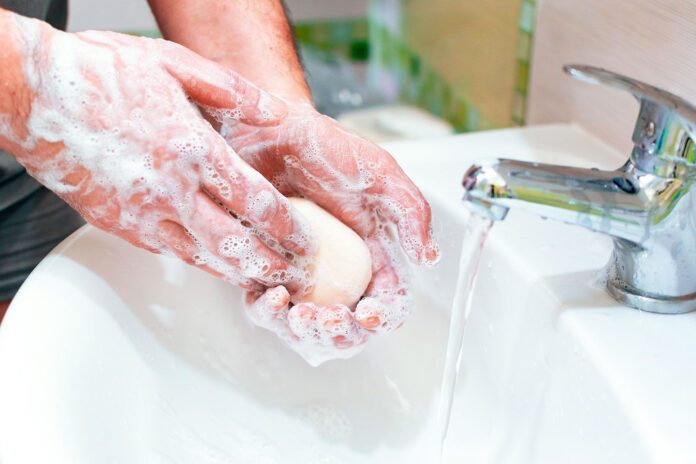
MID West Public Health chiefs have urged people to be vigilant around washing their hands with soap and water to try to offset the risk of contracting the parasitic disease Cryptosporidium, following a recent outbreak in the region.
The announcement by the Department of Public Health Mid West comes after it managed a recent outbreak on a farm.
“Alcohol hand sanitiser is not effective against Cryptosporidium, and washing hands with hot water and soap is the most effective form of hand hygiene,” said a Department spokesperson.
“Because it is the start of petting zoo season, there is an increased risk of exposure to Cryptosporidium, especially among children, this is why effective hand washing is crucial,” he said.
The Mid West has one of the highest rates of Cryptosporidium in Ireland, which is “a parasitic disease mainly found in the faeces of farm animals”.
There were 121 Cryptosporidium cases recorded in the Mid West region in 2021, almost three times the number recorded in 2020 (46 cases), and the highest over the past 10 years.
The spokesperson said those working or living in farm or agricultural settings would particularly need to maintain regular hand-washing “with hot water and soap, and to test and treat their well water, in order to reduce the risk of infection of Cryptosporidium”.
Public Health Mid-West said it had recently managed a Cryptosporidium outbreak linked to a farm setting.
“Infection mainly occurs through contact with farm animals or their environment or when people drink water contaminated with animal faeces, or touch contaminated objects and then touch their mouths before washing their hands,” explained the spokesperson.
“Symptoms include diarrhoea, stomach pains, and headaches. It may cause outbreaks of gastroenteritis, and can have long-lasting effects on those with weak immune systems,” he explained.
Incidence of Cryptosporidium peaks in the spring, corresponding with the calving and lambing season.
The Department of Public Health Mid-West and HSE Environmental Health Service Mid-West recently launched an awareness campaign to highlight the need for testing and treating private well water, in order to reduce the risk of serious illness linked to drinking contaminated and unsafe water.
“It is important for private well owners to test well water every year and have appropriate protection or/and treatment systems in place. Well owners can avail of grants from their local authorities for treatment, rehabilitation, and the new construction of private wells,” added the spokesperson.

